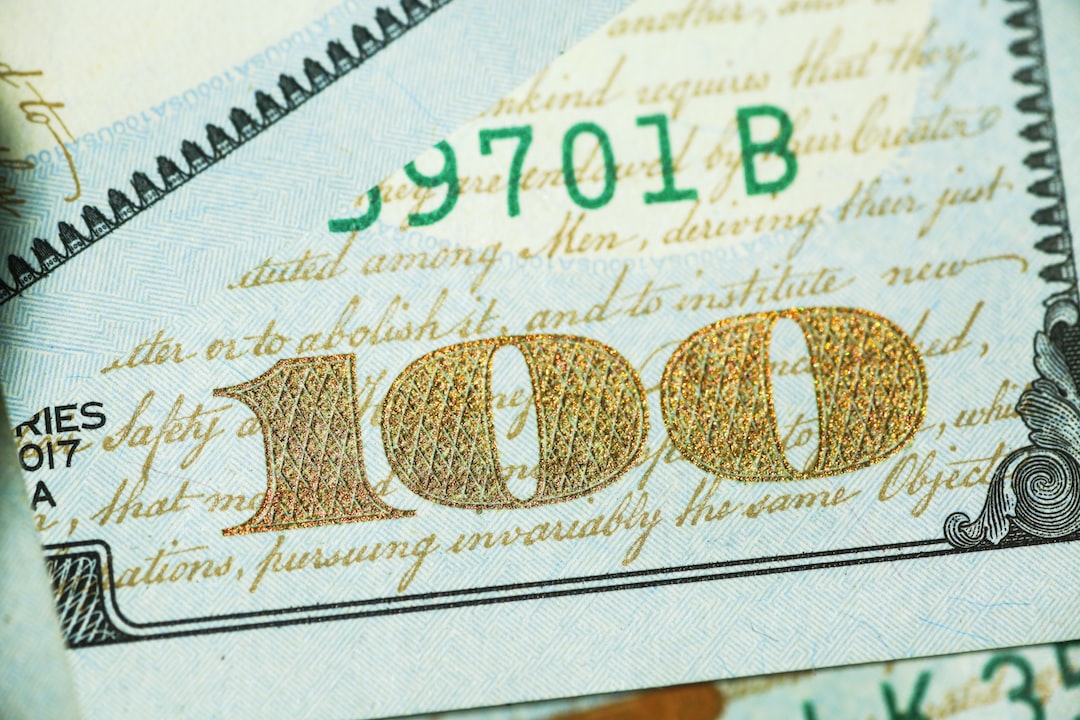Forex trading is one of the most popular financial activities in the world. With a daily trading volume of over $5 trillion, it is also the largest financial market globally. Forex trading is the act of buying and selling currencies with the aim of making a profit. However, like any other financial activity, forex trading comes with tax implications. In this article, we will explain when forex traders are taxed.
Taxation on forex trading can be a complex subject. There are different rules and regulations depending on the country in which the forex trader resides. However, there are some general principles that can be applied across the board when it comes to taxation on forex trading.
Taxation on Forex Trading in the United States
In the United States, forex traders are subject to taxation under the Internal Revenue Code. Forex traders are treated as self-employed individuals and are required to file a tax return with the IRS. Forex traders are taxed on their net income, which is calculated as the difference between their gains and losses.
The IRS treats gains from forex trading as ordinary income, which means that they are subject to the standard income tax rates. The tax rate for forex trading income ranges from 10% to 37%, depending on the amount of income earned. Forex traders are also required to pay self-employment taxes, which are 15.3% of their net income.
Taxation on Forex Trading in the United Kingdom
In the United Kingdom, forex traders are subject to taxation under the Capital Gains Tax. The Capital Gains Tax is a tax on the profits made from the sale of assets, including foreign currencies. The tax rate for the Capital Gains Tax in the United Kingdom is 10% for basic rate taxpayers and 20% for higher rate taxpayers.
Forex traders in the United Kingdom are also subject to the Income Tax on their profits. The Income Tax rate for forex trading profits is 20% for basic rate taxpayers and 40% for higher rate taxpayers.
Taxation on Forex Trading in Australia
In Australia, forex traders are subject to taxation under the Australian Taxation Office (ATO). Forex traders are required to keep a record of all their trading activity, including profits and losses. Forex traders are taxed on their net income, which is calculated as the difference between their gains and losses.
The tax rate for forex trading income in Australia is the same as the individual income tax rate. The individual income tax rate ranges from 19% to 45%, depending on the amount of income earned. Forex traders are also required to pay the Medicare Levy, which is 2% of their net income.
Taxation on Forex Trading in Canada
In Canada, forex traders are subject to taxation under the Canadian Revenue Agency (CRA). Forex traders are required to report their trading activity on their tax return. Forex traders are taxed on their net income, which is calculated as the difference between their gains and losses.
The tax rate for forex trading income in Canada is the same as the individual income tax rate. The individual income tax rate ranges from 15% to 33%, depending on the amount of income earned. Forex traders are also required to pay the Canada Pension Plan (CPP) and the Employment Insurance (EI) premiums.
Conclusion
Forex trading can be a profitable financial activity, but it is important to understand the tax implications before getting involved. Forex traders are subject to taxation on their net income, which is calculated as the difference between their gains and losses. The tax rate and rules vary from one country to another, so it is important to consult with a tax professional to understand the specific requirements in your jurisdiction.





